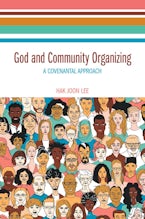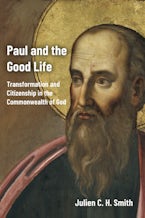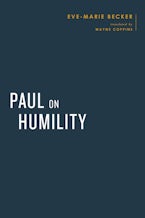What if our well-intentioned efforts to promote mental health inadvertently perpetuate systems that cause mental unwellness? What if the resilience we encourage only equips individuals to endure rather than challenge structures detrimental to their well-being? Why do mental health experiences vary so drastically across cultures, with Western societies seemingly posing the greatest challenges for certain conditions? Against the backdrop of escalating ecological dramas that devastate our world and its climate, do we ever wonder what ecological suffering might imply for our mental health? With this poignant, impassioned book, John Swinton invites us to begin exploring avenues toward addressing these daunting and interrelated issues.
Seeking Sanctuary, Finding Shalom proposes that we think theologically about mental health as a matter of the collective body of human beings and the welfare of creation. Swinton contends that the ways in which we structure creation—relational, social, cultural, political, spiritual—has a profound impact on our mental health. Failing to recognize the broader dimensions of the task of mental healthcare, we might only ease the severity of a pain or a disease without removing the cause and so never offer genuine healing that brings about peaceable connection with God, self, others, and creation.
Guided by the biblical concept of shalom—a form of peace crucial for our understanding of mental health(care)—Swinton takes into consideration the complex and creational roots of human psychological suffering and offers a model of human flourishing defined not by the absence of pain, suffering, and distress, but rather by the presence of God. Such a model seeks not only to deal with the immediacy of the human plight but also to view it within the context of Jesus’s cosmic mission to reconcile himself with all things. And so, Swinton contends, as we broaden our conception of mental wholeness to encompass creation at large—the land under our feet, the air in our lungs, the geographical places in which we live and love, as well as the spheres of politics, economics, and culture—we begin the hard and necessary work of repairing dissonance, instability, and mental ill-health. This book does not offer a comprehensive strategy but it does gesture toward a more holistic, more Christoform theology of mental health. Every journey begins with a first step.











